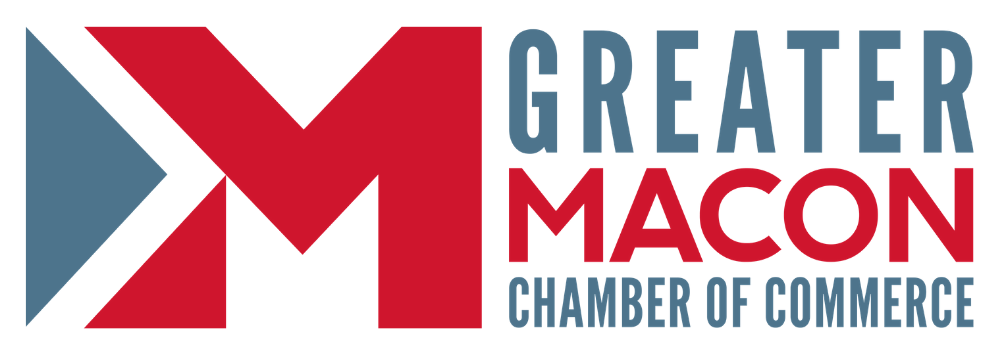A letter from the CEO
At the Greater Macon Chamber of Commerce, we are laying the groundwork with a growing number of community partners committed to strengthening the equitable entrepreneurial ecosystem of Macon-Bibb. It is this form of connected, community collaboration that is going to be critical to responding quickly to the immediate needs of entrepreneurs and small business owners in the community, especially those most vulnerable to these economic shocks. Importantly, these cross-sector teams need to be diverse, inclusive, and culturally competent–engaging institutional partners such as city government, local philanthropy, and business leaders as well as valued voices from diverse entrepreneurs and entrepreneurial support organizations (ESOs) who can offer unique perspectives from their lived experiences.
With this type of cross-sector team in place–ideally fueled by catalytic philanthropic and public capital–cities can:
- Understand the impact that COVID-19 is having on the local small business economy through real-time data collection including surveys and focus groups with local entrepreneurs and small businesses to understand immediate and long-term needs
- Launch a rapid-response network of ESOs, ideally through a coordinated digital platform, to a) share their capabilities to support local entrepreneurs through an accessible resource guide, b) articulate what capacity they can support local businesses in this time of crisis, c) share data and act as a referral network, and d) provide input into a city-wide resilience plan including the support/resources they can provide to help a city leverage state and federal resources
- Identify municipal policy and local finance/philanthropic tools to immediately help small businesses such as micro-loans, debt relief, support with rent, direct social service delivery, etc.
- Set up or leverage a digital communications platform that helps small businesses connect with resources, a community of support, and a storytelling platform that can personalize and amplify the work, products, and needs of small businesses
- Develop a coordinated plan that anticipates federal and state stimulus dollars to ensure that they have the intended stabilizing effect including identifying participating financial institutions, helping small businesses quickly understand and access these resources (especially those in under-connected communities) , and developing a “network of resilience” among service providers who can help businesses develop and deploy strategies for stabilization and long-term solvency and sustainability; and
- Evaluate the impact of these efforts, including increased access to capital, on stabilizing local entrepreneurs and small businesses across all demographics and geographic areas.
Additionally, with crisis comes opportunity. As disruptive as COVID-19 is, new entrepreneurial opportunities will open because of it. It will also undoubtedly produce more “necessity-based” entrepreneurs who need on-ramps and support to help them get started. Cities need to be ready to harness this creative energy as part of their response plans. We are greater together!

